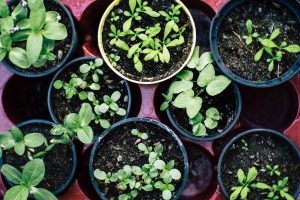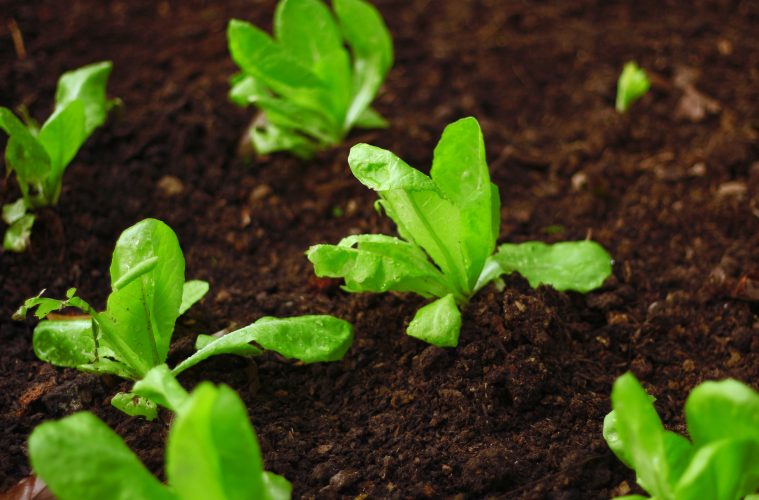In a world increasingly concerned about environmental conservation, sustainable gardening has taken root as a rewarding and responsible way to connect with nature. Sustainable gardening not only promotes healthier plants but also contributes to the well-being of the planet. Whether you’re an experienced gardener or just starting out, here are some tips and practices to help you cultivate your garden sustainably.
Native plant selection
Opt for native plants in your garden. Native species are adapted to your region’s climate and require less water and maintenance, reducing the need for pesticides and fertilisers. They also support local wildlife and biodiversity.
Compost and mulch
Instead of throwing away kitchen scraps and yard waste, create compost to enrich your soil naturally. Mulch helps retain moisture, suppress weeds, and improve soil structure. Both practices reduce the need for synthetic fertilisers and minimise landfill waste.
Water wisely
Install a drip irrigation system or soaker hoses to deliver water directly to plant roots, reducing water waste through evaporation and runoff. Collect rainwater in barrels to use for irrigation, which conserves water and reduces your utility bills.
Organic pest control
Embrace natural pest control methods, such as introducing beneficial insects, using neem oil, or creating companion plantings that deter pests. Avoid chemical pesticides that harm beneficial insects and can leach into groundwater.
Crop rotation
Implement crop rotation to prevent soil depletion and control pests and diseases. This practice also helps maintain soil fertility and structure naturally.
No-till gardening
Adopt a no-till gardening approach to minimise soil disruption. Tilling can release carbon dioxide into the atmosphere and disrupt soil ecosystems. Instead, use mulch and compost to nourish the soil and reduce erosion.

Pexels
Biodiverse planting
Plant a diverse range of species to create a balanced ecosystem in your garden. A variety of plants attracts pollinators and beneficial insects, creating a healthier environment for your garden to thrive.
Reduce lawn size
Lawns demand significant water and maintenance. Consider reducing your lawn’s size and replacing it with native plants or a vegetable garden to maximise sustainability.
Select sustainable materials
Choose environmentally friendly materials for hardscaping elements like pathways, fences, and garden structures. Recycled or reclaimed materials are excellent options.
Educate yourself
Continually educate yourself about sustainable gardening practices. Attend workshops, join local gardening clubs, or read books and online resources to stay up-to-date with the latest techniques.
Share your knowledge
Share your sustainable gardening journey with friends, family, and neighbours. Encourage them to adopt eco-friendly practices and expand the network of sustainable gardeners in your community.
Sustainable gardening is not just about conserving resources; it’s about creating a harmonious and thriving ecosystem in your own backyard. By following these tips and practices, you can nurture a garden that’s not only beautiful but also environmentally responsible.
Feature image: Pexels

